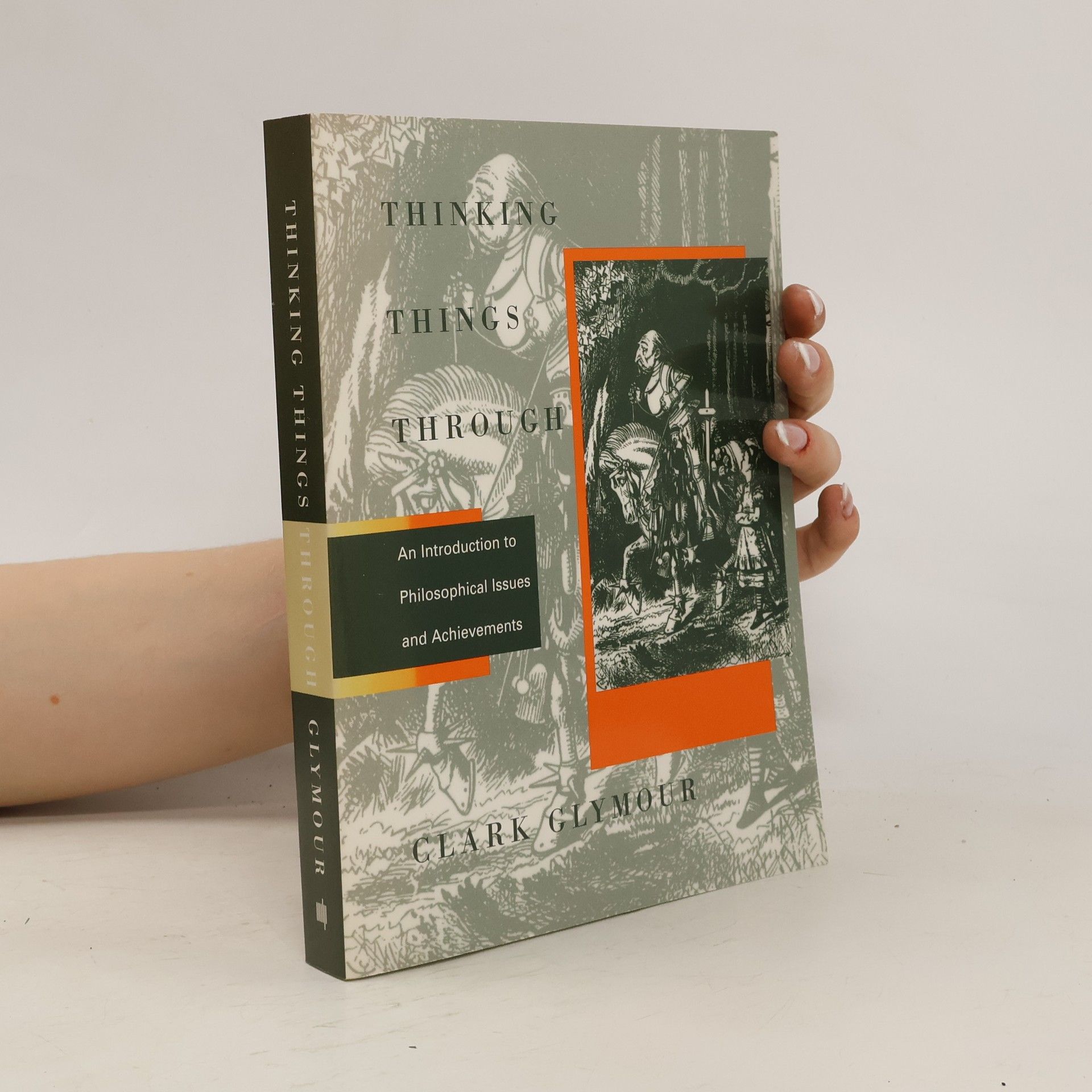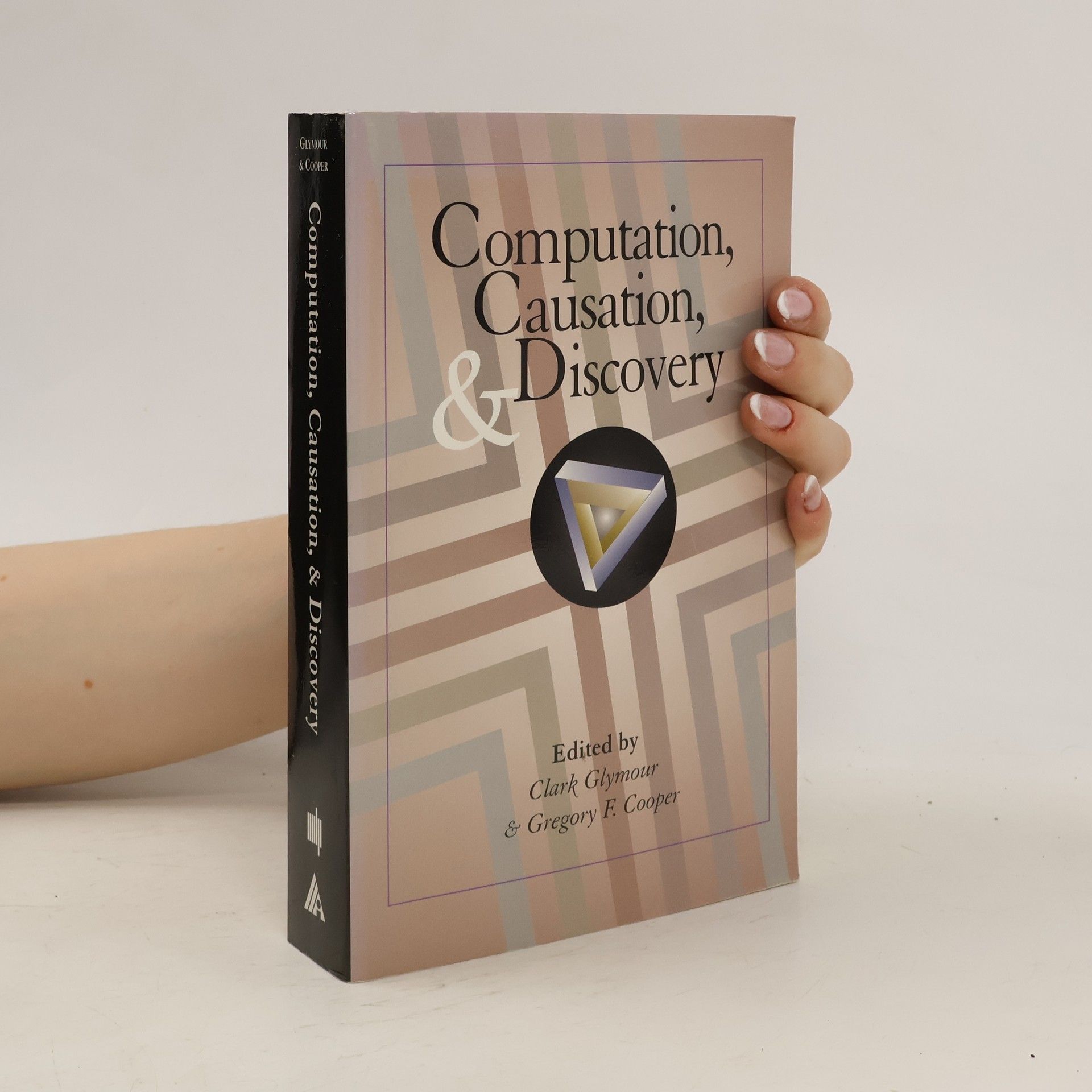In science, business, and policymaking -- anywhere data are used in prediction -- two sorts of problems requiring very different methods of analysis often arise. The first, problems of recognition and classification, concerns learning how to use some features of a system to accurately predict other features of that system. The second, problems of causal discovery, concerns learning how to predict those changes to some features of a system that will result if an intervention changes other features. This book is about the second -- much more difficult -- type of problem. Typical problems of causal discovery How will a change in commission rates affect the total sales of a company? How will a reduction in cigarette smoking among older smokers affect their life expectancy? How will a change in the formula a college uses to award scholarships affect its dropout rate? These sorts of changes are interventions that directly alter some features of the system and perhaps -- and this is the question -- indirectly alter others. The contributors discuss recent research and applications using Bayes nets or directed graphic representations, including representations of feedback or "recursive" systems. The book contains a thorough discussion of foundational issues, algorithms, proof techniques, and applications to economics, physics, biology, educational research, and other areas.
Clark N. Glymour Knihy
Clark Glymour je univerzitný profesor filozofie na Carnegie Mellon University. Jeho práca sa zameriava na to, ako myseľ chápe kauzalitu, a skúma, ako ľudia a stroje odvodzujú kauzálne závery z dát. Glymour sa vo svojom výskume primárne venuje grafickým kauzálnym modelom a ich využitiu v psychológii a iných vedeckých odboroch. Jeho prístup spája formálne metódy s empirickým skúmaním ľudského poznania.


Thinking Things Through
- 400 stránok
- 14 hodin čítania
Thinking Things Through provides a broad, historical, and rigorous introduction to the logical tradition in philosophy and to its contemporary significance. The presentation is centered around three of the most fruitful issues in Western thought: What are proofs, and why do they provide knowledge? How can experience be used to gain knowledge or to alter beliefs in a rational way? What is the nature of mind and of mental events and mental states? In a clear and lively style, Glymour describes these key philosophical problems and traces attempts to solve them, from ancient Greece to the present. Thinking Things Through reveals the philosophical sources of modern work in logic, the theory of computation, Bayesian statistics, cognitive psychology, and artificial intelligence, and it connects these subjects with contemporary problems in epistemology and metaphysics. The text is full of examples and problems, and an instructor's manual is available.Clark Glymour is Alumni Professor of Philosophy at Carnegie-Mellon University and Adjunct Professor of History and Philosophy of Science at the University of Pittsburgh.